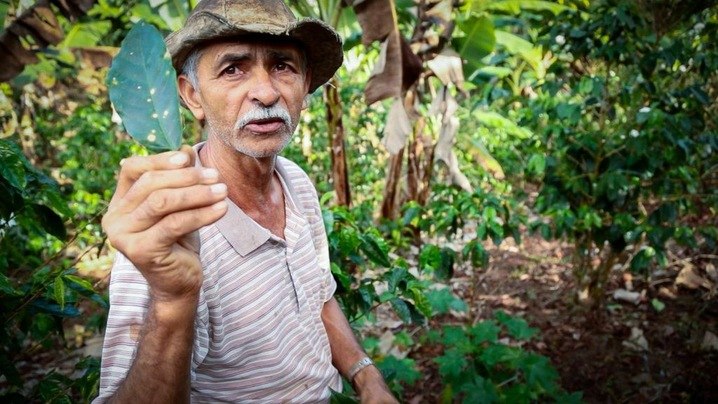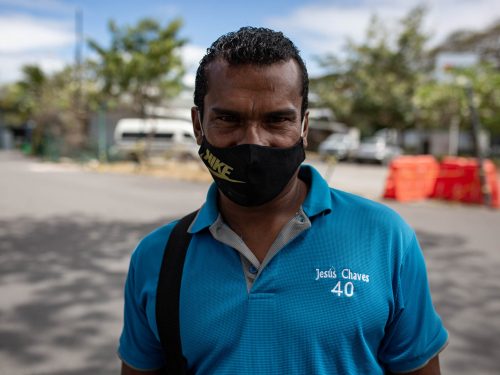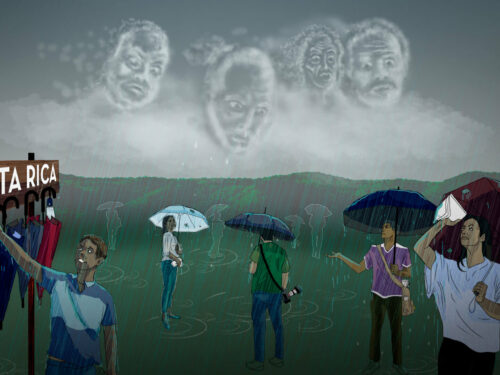
In Costa Rica, birds, bats and bees serve vital roles in controlling pests and pollinating crops. Now, researchers are measuring the contributions of these critters to encourage farmers to move away from the single-crop model and toward biodiversity.
Recently, on last June 10 U.S. program “Food for 9 Billion”, Sam Eaton of Homelands Productions, made a tour thru several farms in the country to report on one such biodiversity push.
A typical farm in Costa Rica grows coffee and other crops, such as corn, beans and bananas. But when Ademar Serrano Abarca purchased his land 10 years ago, he did something unusual at the time. Instead of clearing all of the trees, he set aside more than a quarter of the property to let the forest regenerate, according to Eaton’s report.
Costa Rica compensates farmers for keeping part of their land out of production, but researchers with the Las Cruces Biological Station in Costa Rica’s southern Puntarenas province and Stanford University’s Center for Conservation Biology found that farmers benefit in other ways as well.
Birds, such as the Rufous-Capped Warbler, have a voracious appetite for insects that damage coffee plants. Bats do their part at night, eating bugs and spreading seeds, while native bees are helping with pollination.
“Not all of us share these same ideas,” said Abarca of setting aside part of his land. “Other farmers don’t have this, they’ve lost it. But for me, it’s a gain. Everything you see here is a gain for me.”
Read and wacth the full article and video here







Comments